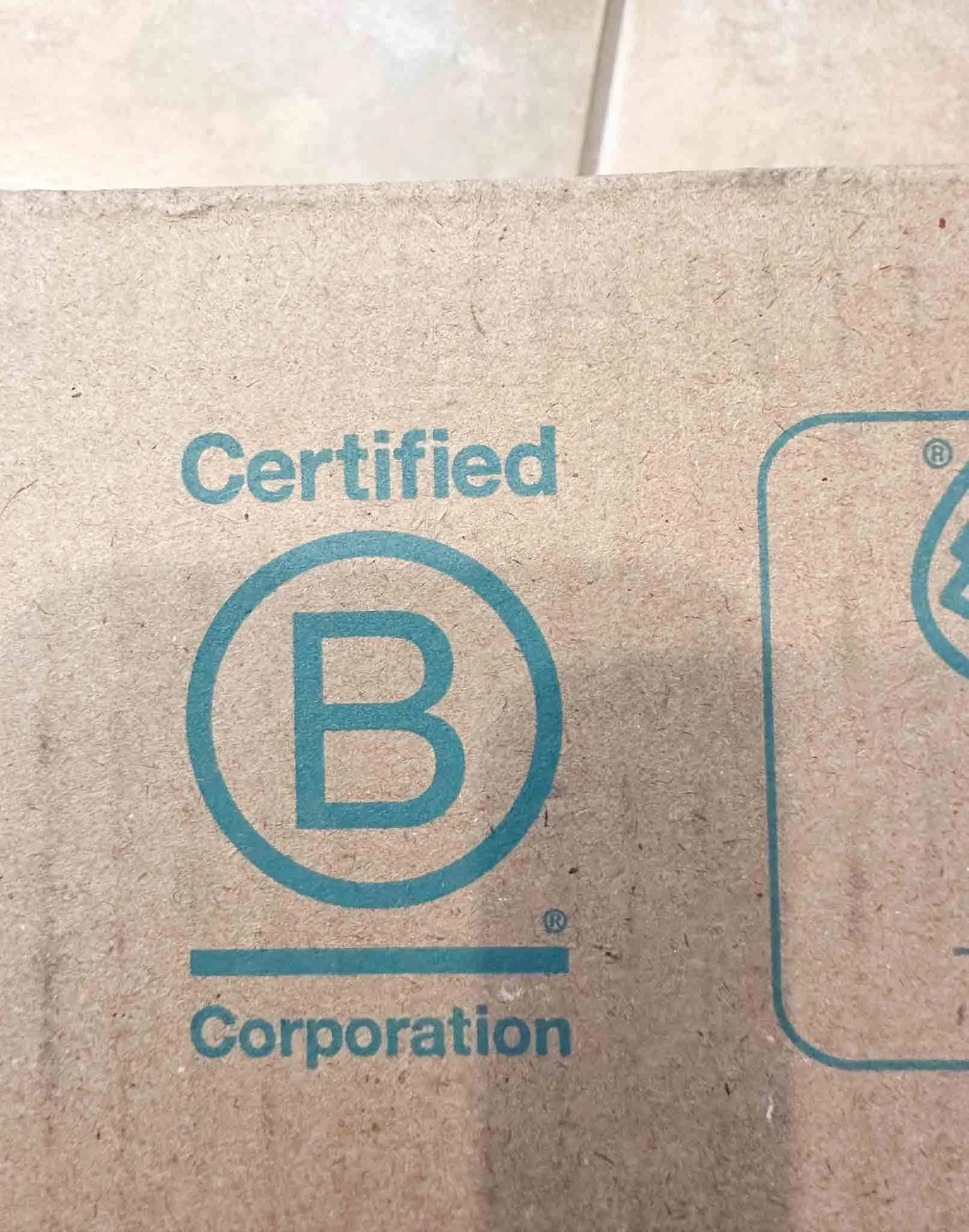The Best Organic Lactose Free Milk Brands
Coffee. Cereal. Baking. Cooking. Making ice cream. There are many reasons that have us reaching for a carton of milk. But if you’re lactose intolerant, you have to consider alternatives to milk products like almond milk or coconut milk.
What’s more, lactose intolerance can present at any age and we may become more intolerant as we age. But that doesn’t mean you have to start drinking your coffee black or crunching down on dry cereal.
Lactose-free milk is an option enjoyed by many lactose-intolerant people!
This post does contain some affiliate links. If you decide to make a purchase The Honest Consumer may receive a commission at no additional cost to you.
What is Lactose-Free Milk?
Dairy milk is a product sourced from animals, usually cows, but also buffaloes, goats, sheep, and camels. Dairy milk contains lactose, a sugar also found in products made from this milk such as yogurt and ice cream.
Our body makes an enzyme called lactase, which digests lactose. If your body does not produce enough lactase enzyme, you may not be able to digest lactose properly leading to an intolerance that can result in gas, bloating, cramps, diarrhea, or nausea.
Lactose-free milk is dairy milk but with the lactose broken down into two simple sugars, glucose and galactose, to help those with lactose intolerance digest it. This is done by adding lactase to milk.
When the lactose is broken down, it may taste sweeter. Sometimes the lactose is removed completely by filtering it out.
Keep in mind that a product that is lactose-free is not necessarily dairy-free. Lactose-free milk is still a dairy product, so if you have a cow's milk allergy or dairy allergy, you need to seek out dairy-free options.
There are options that are both dairy-free and lactose-free milk alternatives, such as rice and soy milk. Lactose-free milk is not suitable for vegans as it is still an animal-derived product.
There are many organic plant-based milk options for vegans or for those with a milk allergy.
Health Benefits of Lactose-Free and Organic Milk
Since lactose-free milk is sweeter, you may want to reconsider adding sugar to your coffee – a step that will provide many health benefits. Otherwise, whether you are drinking lactose-free milk or regular milk the health benefits are the same.
Lactose-free milk still contains calcium and vitamin D, which are good for bone strength. It remains a great choice of a good source of protein, as well as micronutrients such as phosphorus, vitamin B12, and riboflavin.
On average, a glass of milk has about 8 grams of protein! And milk protein contains all 9 essential amino acids humans need.
If you’re drinking lactose-free milk, your next question may be whether to seek organic options. Organic milk has been sourced from organically raised cows.
While organic cow’s milk has higher concentrations of vitamin E, omega-3, and omega-6, the differences are so slight as to be negligible.
Levels of potassium and sodium are also similar, while iodine and selenium – nutrients important for thyroid health – are lower in organic milk; thus, in terms of nutrient content, the nutrition of organic milk is as good as conventional options.
The difference comes in how cows are raised. Conventional milk cows may be exposed to synthetic growth hormones and antibiotics. Residual antibiotics may be found in conventional milk.
This increased exposure to antibiotics raises concerns about antibiotic resistant (AR) bacteria, as well as negative health impacts on people such as allergic reactions, bone marrow aplasia, and an increased risk of cancer.
The presence of antibiotic residue is often due to lack of maintenance, improper withdrawal time after antibiotics are administered, or limited detection facilities. All milk, whether organic or not, should be antibiotic-free.
Milk cannot be taken for animal or human consumption from a cow taking antibiotics. This milk must be discarded. Since organic milk does not allow the use of antibiotics, there should be no risk of residue.
As for hormones, these are present in all animals (that includes us). The concern comes with synthetic or added hormones such as recombinant bovine growth hormone (rBGH), which is administered to promote milk production.
While this may affect cows negatively, the effect on humans is inconclusive.
Environmental Benefits of Organic Milk
The beef and dairy industries have been taken to task for their heavy environmental footprints. Organic options have come to the fore in an attempt to implement eco-friendly and humane measures within these industries.
However, it’s been argued that greenhouse gas emissions produced by organic dairy farms are not necessarily less than conventional farms.
Yet there are environmental (not to mention humane) benefits to how the cows are raised. Organic milk is sourced from cows who have space to move and graze on organic grass: grass that has not been treated with synthetic fertilizers and pesticides.
This contributes to soil and water health, which results in benefits such as capturing greenhouse gases. The downside to this is that grazing requirements necessitate the need for more land, which contributes to deforestation.
Organic farms need to optimize the use of their land to negate these effects as best they can, not only by providing pasture for cows but using the land to grow other crops and support biodiversity.
Bear in mind that terms like “organic” and “free-range” and "pasture-raised cows" are not regulated. If you’re concerned about where your milk is coming from and exactly how the animals are treated, you may need to make further inquiries.
Look for organic brands that go beyond the label to put additional quality, safety, and eco-friendly measures in place.
Does Lactose Free Milk Taste Different Than Regular Milk?
Yes, it’s reported that lactose free milk is 3.2 times sweeter than regular milk. Personally, I like this!
Do You Drink Lactose Free Milk?
Yes, I personally prefer lactose free milk. I appreciate that it’s easier on my stomach. I usually feel less bloated when choosing lactose free dairy products.
And I LOVE how it tastes in my coffee. It is a bit sweeter than regular milk which gives my coffee a nice naturally sweet boost without any harsh sweeteners.
4 Organic Lactose-Free Milk Brands to Try
If you're ready to try lactose-free options, look no further! Here are 4 of my favorite organic milk brands with lactose-free milk.
Organic Valley Non-GMO Organic Lactose Free Milk
Organic Valley started as a co-op in the late 1980s, consisting of local Wisconsin farmers selling vegetable and dairy products. They have since expanded across the world, producing organic dairy, soy, and eggs.
Their animals are raised without antibiotics, synthetic hormones, or GMOs, and their feed is not sprayed with harsh pesticides.
Organic Valley’s Lactose Free Milk is our go-to milk! We keep this in our house at all times. I appreciate that they have options for different types of organic lactose free milk including whole, 1%, and 2%.
Plus, Organic Valley’s Lactose Free Milk is easy to find at local grocery stores near us!
Clover the Rainbow’s Flavored Organic Lactose Free Milk
Clover the Rainbow has a fun name and fun flavors, a perfect choice for those who want a little something extra with their milk (that isn't lactose!). Their organic, lactose-free milk is available in three flavors: chocolate, strawberry, and vanilla.
Packed with protein and calcium, it’s great for growing children. There is also an unflavored, whole milk option that is organic and lactose-free.
The goodness extends to the packaging, as they use 100% plant-based, renewable cartons and gallon milk jugs made with 30% recycled household plastic.
Clover the Rainbow’s dairy farms recycle their manure production using it as fertilizer or providing it to local, organic farms. Clover is also American Humane certified and USDA Organic certified.
Horizon Organic’s USDA Certified Organic Lactose-Free Milk
Certified USDA organic, Horizon Organic lactose-free milk is free from antibiotics, growth hormones, and pesticides. An excellent source of calcium and vitamin D, horizon organic whole lactose-free milk is not the only milk they have.
They also offer different types of shelf-stable and refrigerated milk including low-fat, flavored, lactose-free and skim milk.
Simple Truth’s Organic Dairy Products
Offering a variety of organic products – from milk, butter, and cheese to spices, coffee, and tea – Simple Truth is USDA certified and free from artificial preservatives and GMOs. Organic milk options include soya, almond, whole milk, and lactose-free options
The best thing? Simple Truth also has a recycling program in place with TerraCycle, enabling you to send back difficult-to-recycle soft plastic packaging from their products.
Simple Truth’s Lactose Free milk will probably be the most affordable option! Their milk can easily be found at Kroger and QFC stores.
Organic lactose-free milk is a great way to get vitamins, minerals, and proteins you need with none of the lactose to bother your stomach. Just because you are sensitive to lactose doesn't mean you have to give up cow milk forever!
We hope that shopping with these best lactose-free milk brands will help you find the best option for your diet with the delicious taste you love.
For more ethical & sustainable tips be sure to explore more conscious lifestyle blog posts, follow The Honest Consumer on social media, subscribe to our newsletter, & check out the Ethical & Sustainable Brand Directory.






















